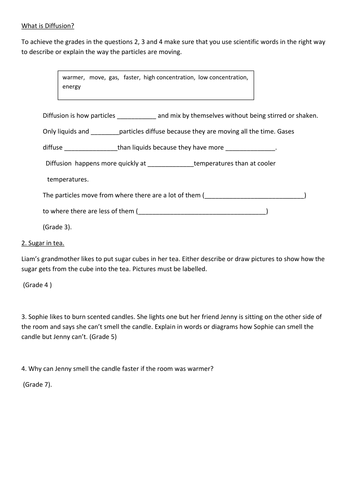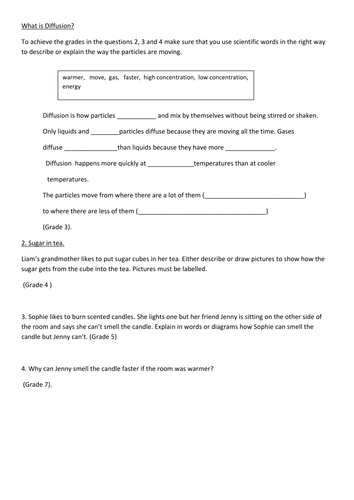Jayto's Shop
I have been teaching science for over 30 years. although Biology is my specialism I have lots of experience of teaching Physics and Chemistry to GCSE. I am particularly interested in practical work and believe that all science teachers should be able to teach good practicals and give practical demos.















